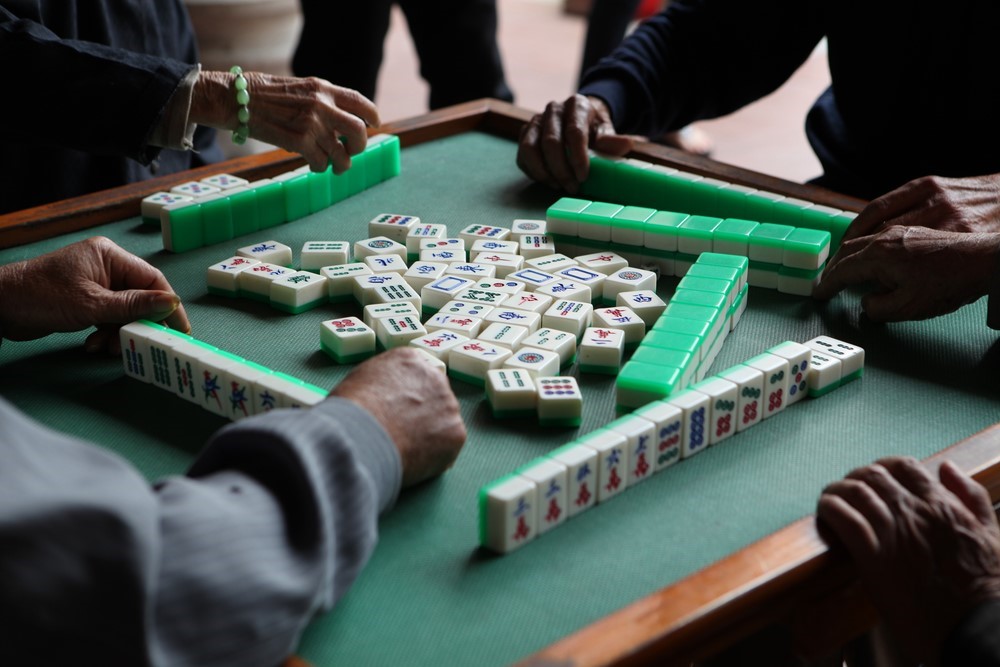
Tile-based Game Mahjong

Tile-Based Game: Mahjong
Mahjong is a captivating tile-based game that originated in China and has gained popularity worldwide. Known for its intricate tiles and strategic gameplay, Mahjong offers a unique and engaging experience for players of all ages. Let's explore the history, rules, and appeal of this fascinating tile-based game.
History and Origins
Mahjong traces its roots back to ancient China, with its origins believed to date back over 2,500 years. The game was traditionally played by royalty and nobles, gradually spreading to different social classes. Mahjong gained international recognition in the early 20th century and has since become a beloved game in many parts of the world.
Rules and Gameplay
Mahjong is played with a set of 144 tiles, each featuring different Chinese characters, symbols, or numbers. The objective of the game is to collect sets of tiles by matching them in various combinations. The tiles are arranged in a specific pattern, and players take turns drawing and discarding tiles in an attempt to form winning combinations.
Players can form sets of three identical tiles (called "pungs") or sequences of three consecutive tiles from the same suit (called "chows"). In addition to these basic combinations, players can also form more complex combinations involving four tiles, such as "kongs" or "quints". The game requires strategic thinking, observation, and decision-making to determine which tiles to discard and which to keep.
Appeal and Variations
Mahjong's appeal lies in its combination of luck, skill, and strategy. The game offers a blend of anticipation and calculation, as players must consider their own hand, the tiles discarded by opponents, and the potential combinations they can form. Mahjong also encourages social interaction, as players can engage in friendly competition and conversation during gameplay.
Over the years, different variations of Mahjong have emerged, each with its own rules and scoring systems. Some popular variations include Cantonese Mahjong, Taiwanese Mahjong, and Japanese Mahjong. These variations may differ in tile designs, rules for winning combinations, and scoring methods. Each variation adds its unique flavor to the game, expanding the possibilities and ensuring a diverse and dynamic gaming experience.
Online and Digital Adaptations
Mahjong has made a successful transition to the digital world, with various online platforms, mobile apps, and computer games offering virtual Mahjong experiences. These adaptations provide convenience and accessibility, allowing players to enjoy the game anytime and anywhere. Digital Mahjong games often include features such as tutorials, different game modes, and multiplayer options, further enhancing the gaming experience.
Community and Tournaments
Mahjong has a vibrant community of players, and tournaments are held in many countries, attracting enthusiasts from around the world. These tournaments showcase the skills and strategies of top players, providing a platform for friendly competition and celebration of the game's rich heritage.
In conclusion, Mahjong is a captivating tile-based game that has captivated players for centuries. With its rich history, strategic gameplay, and diverse variations, Mahjong offers an engaging and entertaining experience for players of all skill levels. Whether played in traditional form or through online platforms and digital adaptations, Mahjong continues to thrive as a beloved game that brings people together, fosters social interaction, and challenges the mind.